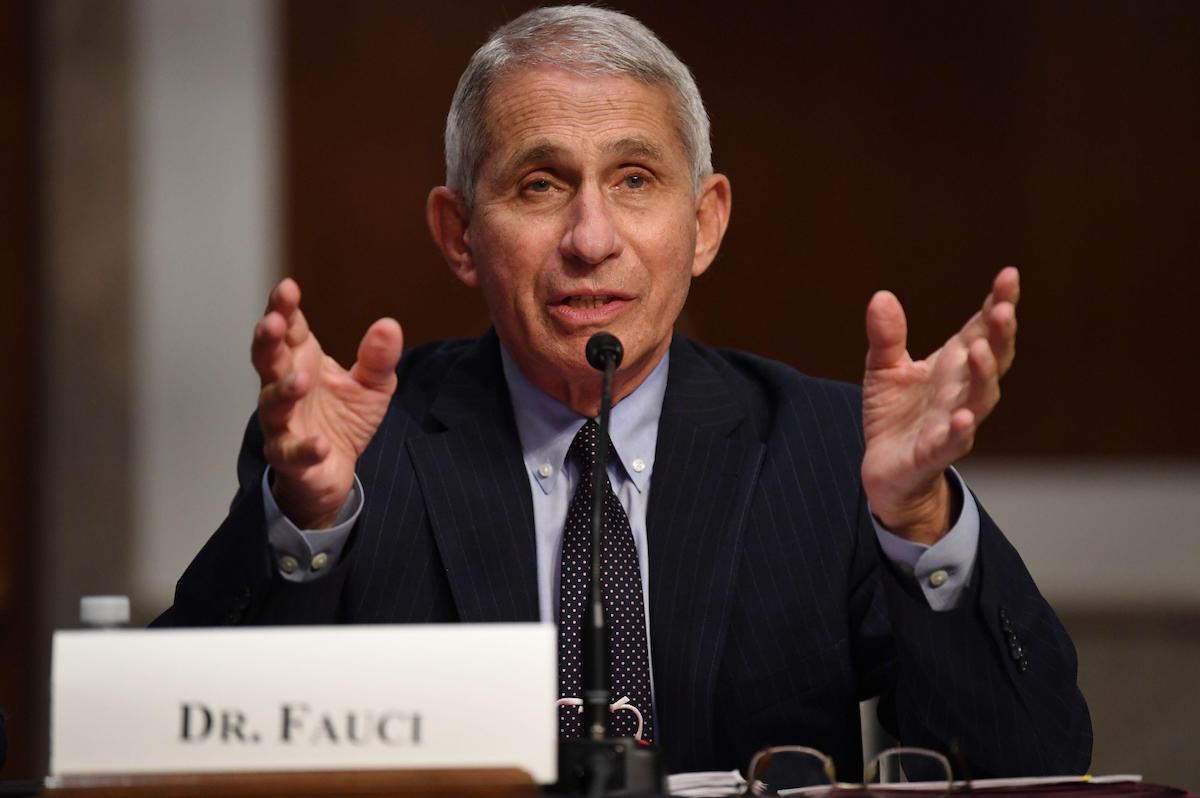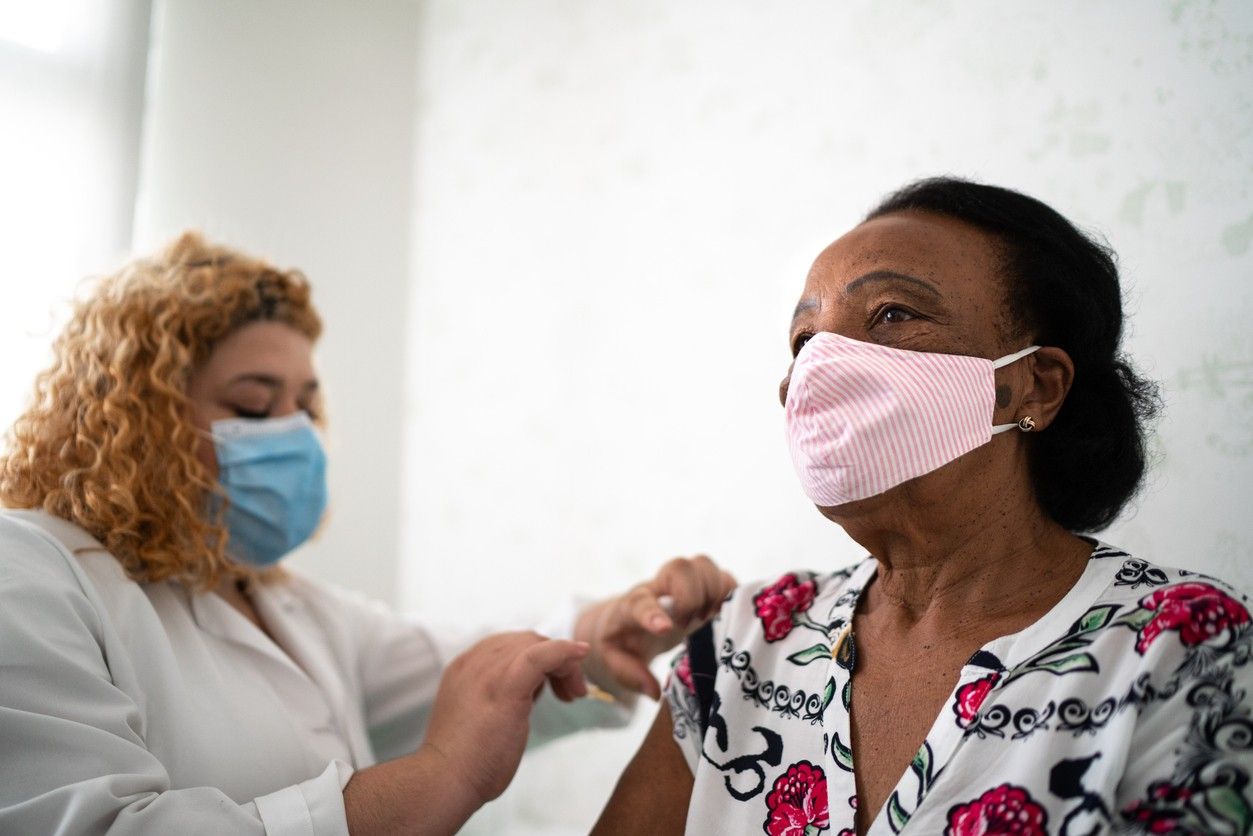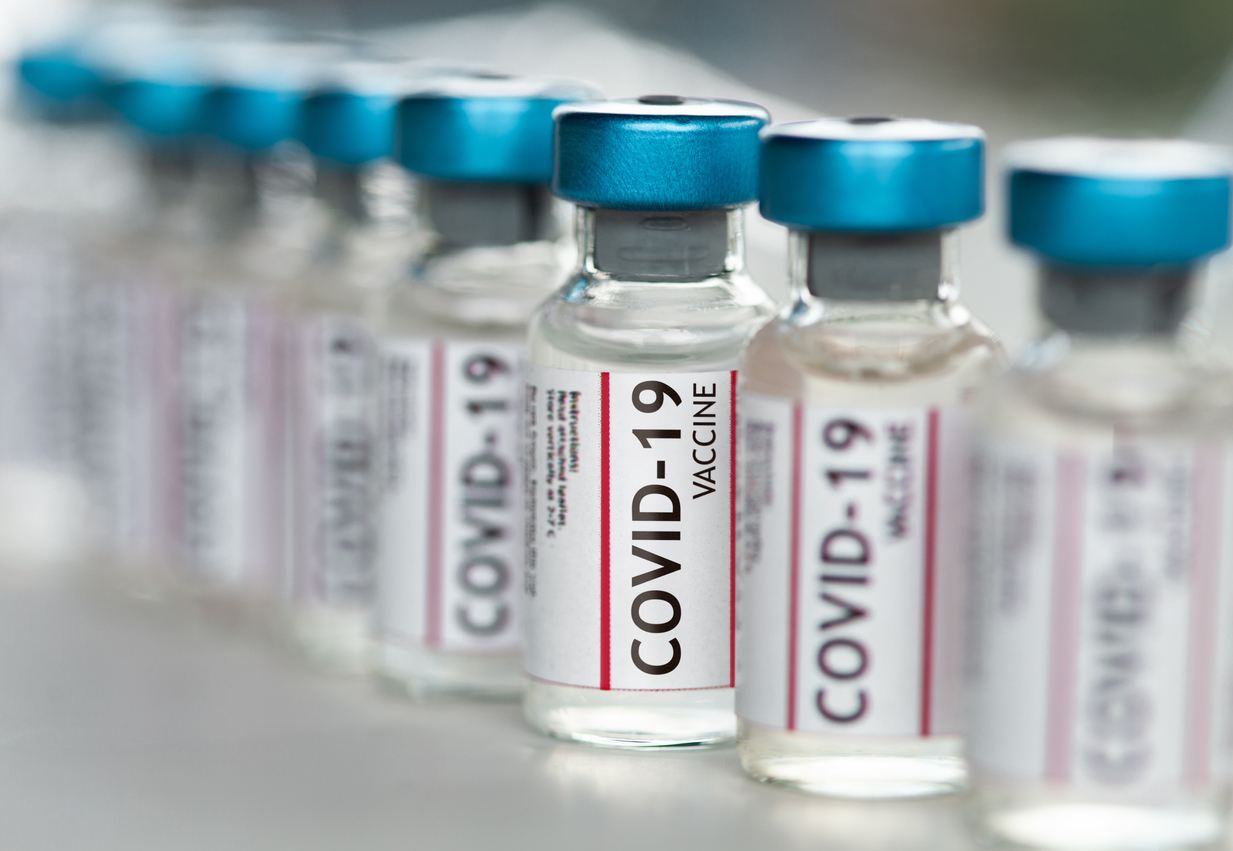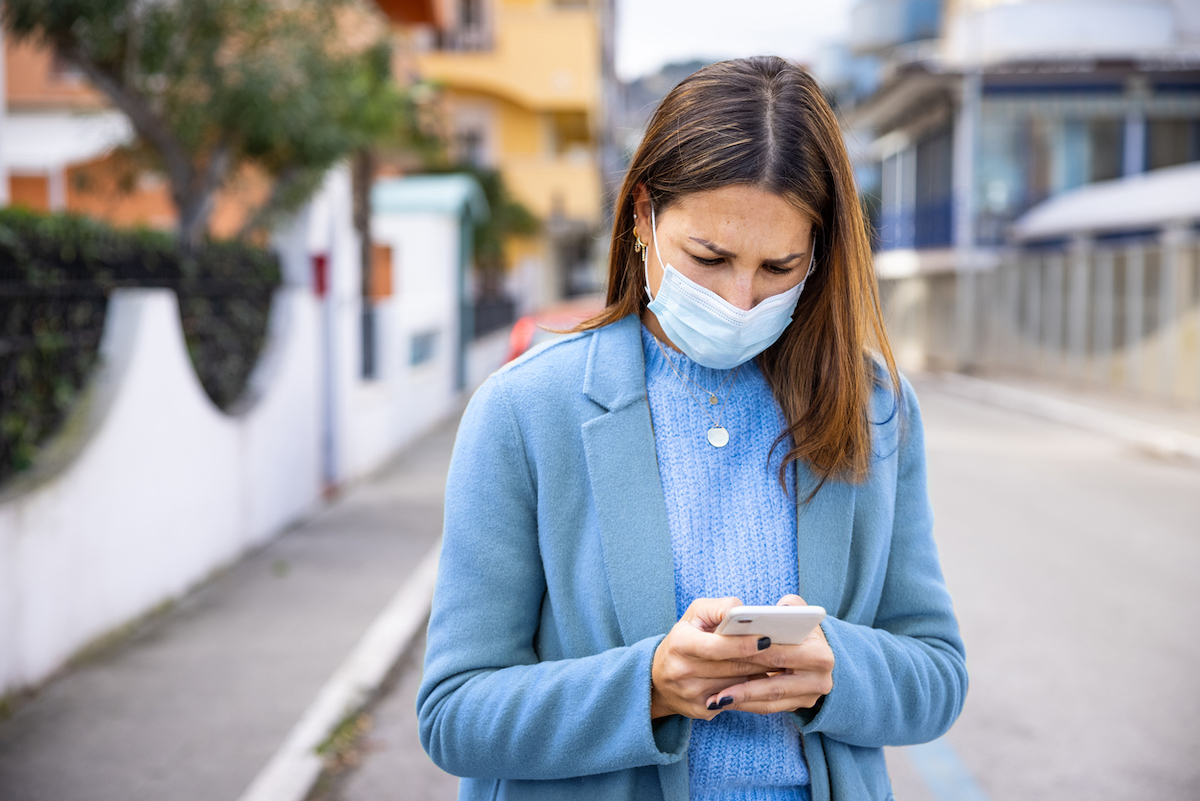With vaccines being administered at a slower pace than officials had hoped for, some have proposed focusing on vaccinating more people with the first dose—since it offers some protection—and pushing back the second doses. According to The New York Times, some experts believe this could be the fastest way to contain the virus.ae0fcc31ae342fd3a1346ebb1f342fcb Fauci disagrees with this approach, however. During a Dec. 31 interview on Today, he was asked if we should adjust our approach and prioritize vaccinating as many people as possible with the first dose and postpone the second. While the doctor said this tactic is “under consideration,” he made his opposition to the method clear. The New York Times reported that Fauci told CNN he “would not be in favor of that” and insisted “we’re going to keep doing what we’re doing” during another interview on Jan. 1. And for more on vaccine distribution, These States Have Had the Slowest Vaccine Rollout. According to a press release from Dec. 30, officials in England have decided to delay second doses of the vaccine in an effort to ensure the partial protection from the first shot is widely distributed more rapidly. The release says the Joint Committee on Vaccination and Immunisation (JCVI) advised that “the priority should be to give as many people in at-risk groups their first dose, rather than providing the required two doses in as short a time as possible.” And for more up-to-date information, sign up for our daily newsletter. “One of the problems of doing that is that if you don’t then get the second dose in time, you’re going to have a lag period,” Fauci said on Today. “We know from the clinical trial that the optimal time is to give it on one day and then for Moderna 28 days later and for Pfizer 21 days later. That’s what the data tells us is the best way to do it, so if you want to stick with the data, that’s the way you should do it.” Fauci acknowledged that the case could be made, for prioritizing the first dose, but then you’d have to hope “you’re going to get the second dose in time to give to individuals.” Former Baltimore health commissioner Leana Wen, MD, weighed in on the matter in a Jan. 1 CNN interview. Wen said she understands the desire to “stretch out the doses we have” but noted that the outcome of that is uncertain. “The problem, though, is that’s not how the studies were conducted,” Wen said. “The key is to follow the science. We don’t know what happens, how long the immunity lasts. We don’t know how complete that protection is. We don’t know what happens if you get the second dose several weeks or several months after it was initially intended.” Although this approach is being discussed in order to address the sluggish rollout of vaccinations, Wen says it’s not the right remedy. The problem is not that there isn’t enough vaccine, but rather that “the vaccines that we do have are not being distributed,” Wen noted. “So let’s not create more problems.” And for more from Fauci on the vaccine, discover The One Side Effect Dr. Fauci Is Worried About With His Next COVID Shot. While many Americans are eager to get vaccinated, some are fervently opposed. Wen feels that spreading out the two doses would add to the opposition of the vaccine. “I think there is enough vaccine hesitancy and concern in this country, the last thing that we want to do is to add more unnecessary concern,” she said. And for more on immunization, This Is How Long It Takes for the Vaccine to Protect You From COVID.




